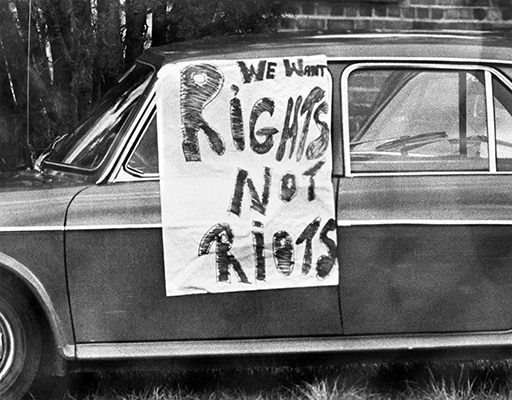Course introduction
1 Introduction

This short course will introduce you to the development of the social construction of ‘race’ in the past. The course draws from some of the materials that you can study in the History degree at The Open University [Tip: hold Ctrl and click a link to open it in a new tab. (Hide tip)] .
Through a number of case studies, you will learn about the experiences of groups of people and individuals who were considered different to others, within their own environments, as a result of perceptions of their ‘race’. In addition to this introduction the course is divided into 5 sessions. The sessions cover the following examples:
- Black self-liberated revolutionaries in Haiti winning independence from France in 1804
- the controversial practice of exhibiting humans in ‘zoos’ in Europe in the late nineteenth century
- how a racist incident on a train in South Africa in 1893 sparked the anti-racist activism of M.K. Gandhi
- the establishment of Arab communities in Wales in the nineteenth century, and the racism they combatted into the 1900s
- the experience of Algerian Muslim French army veterans, who faced racism in France after Algerian independence in the 1960s.
These examples cover a wide geographical scope, over a time span of about 200 years. The aims of the course are:
- to introduce you to stories of the past that you might be unfamiliar with
- to encourage you to think about the experiences of different groups of people in the past and to understand how historians use textual and visual sources to uncover diverse histories
- to help you think about how racist structures operated in the past, and how these structures often rested on perceptions of difference based on race, ethnicity and religious expression
- to help you recognise how groups of people resisted racism in the past and also resisted the idea that one particular ‘race’ was superior
- to give you a taster of some of the undergraduate degree offer at The Open University.
Moving around the course
In the ‘Summary’ at the end of each session, you will find a link to the next session. If at any time you want to return to the start of the course, click on ‘Full course description’. From here you can navigate to any part of the course.
It’s also good practice, if you access a link from within a course page, to open it in a new window or tab. That way you can easily return to where you’ve come from without having to use the back button on your browser.
